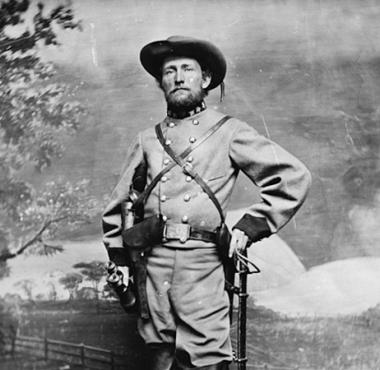
DATE OF BIRTH – DEATH December 6, 1833- May 30, 1916
Introduction
The Confederacy boasted its fair share of heroic cavalry officers, such as J.E.B. Stuart and Nathan Bedford Forrest. However, none among them possessed the captivating mystique of “The Gray Ghost,” John Singleton Mosby. His remarkable story is a testament to his unique path to heroism and enduring legacy.
Few Confederate officers possessed the enigmatic aura that surrounded John Singleton Mosby, a cavalry officer renowned for his exceptional talents and heroism. His journey to becoming a celebrated figure was marked by an unlikely path. As a frail and often bullied child, Mosby learned the art of resilience and self-defense from an early age, skills that would define his future.
Mosby is introduced into the Civil war.
At the onset of the Civil War, Mosby found himself at odds with the idea of secession. Nevertheless, he made a momentous decision to forsake his law practice and enlist as a private in the “Virginia Volunteers,” a company of mounted infantry that saw action in the initial clash of the conflict, the First Battle of Bull Run (First Manassas).
It was Mosby’s extraordinary knack for intelligence gathering that caught the discerning eye of J.E.B. Stuart, leading to his promotion to the rank of First Lieutenant. He was entrusted with a crucial role within Stuart’s cavalry scouts. Later, he ascended to the position of Major, taking command of the 43rd Virginia Cavalry.
Enter the Gray Ghost.
Under Mosby’s leadership, his famed unit, known as “Mosby’s Rangers,” embarked on a daring campaign of lightning raids against Federal supply lines and relentless harassment of their couriers. What set Mosby apart was his uncanny ability to appear and disappear seemingly at will, seamlessly blending into the local farming communities and townships. It was this elusive nature that earned him the enduring moniker, “The Gray Ghost.” With each audacious success, his reputation and legend continued to grow.
John Singleton Mosby’s story is a testament to the unexpected heroism that can emerge in times of conflict, and his legacy as “The Gray Ghost” endures as a symbol of resourcefulness, cunning, and unwavering determination in the face of adversity.
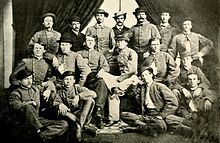
Mosby’s Rangers
Antidotal encounter
March of 1863, at Fairfax County Courthouse, he managed to capture Union Brigadier General Edwin H. Stoughton. When Mosby found Stoughton asleep in bed, he woke him up with a slap on the rear, and asked,
“Do you know Mosby, General?”
The General replied,
“Yes! Have you got the rascal?”
“No,” said Mosby. “He’s got you!”
Mosby with his 29 Rebels captured the Union general, two captains, 30 enlisted men, and 58 horses without firing a shot.
The area of northern central Virginia where Mosby conducted his raids was known during the war and ever since as “Mosby’s Confederacy.”
To learn more about John Singleton Mosby’s extraordinary life and contributions during the Civil War, you can visit the provided reference site at https://www.battlefields.org/learn/biographies/john-singleton-mosby. His story continues to serve as an enduring symbol of resourcefulness, cunning, and unwavering determination in the face of adversity.
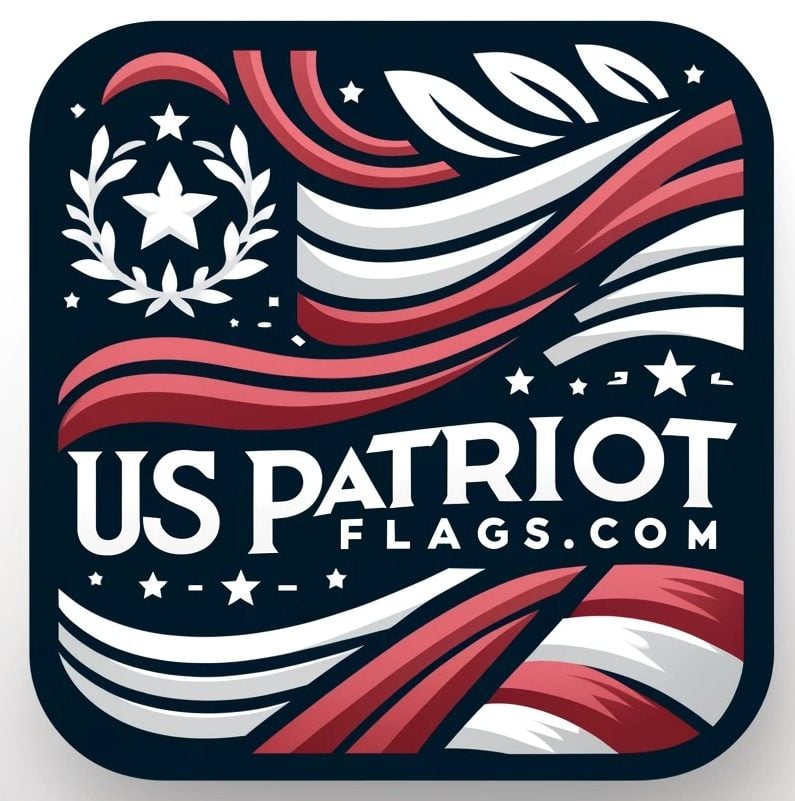
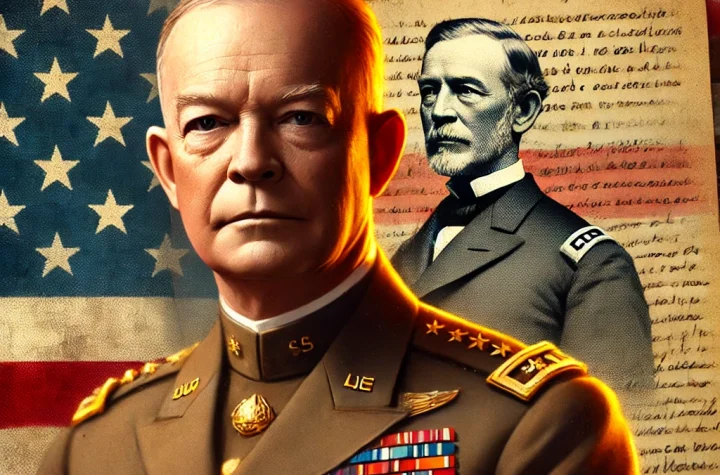
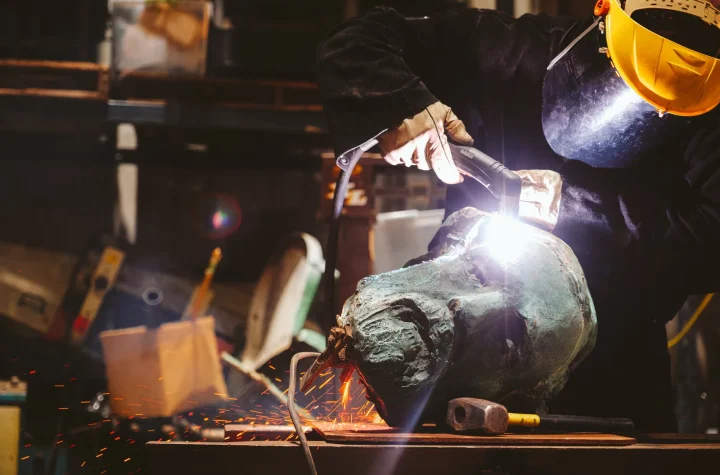
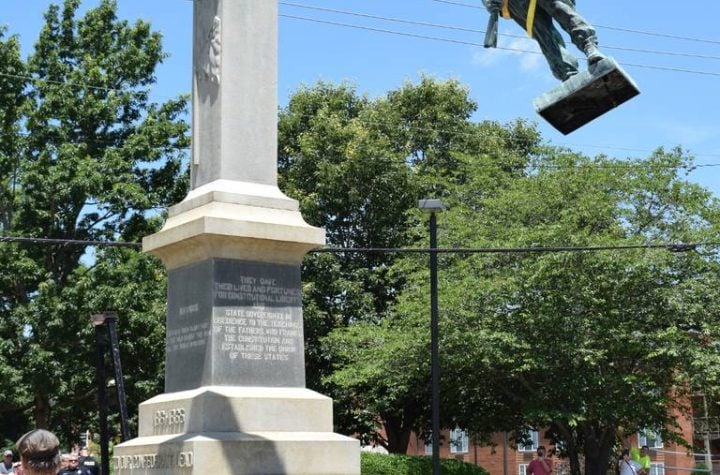
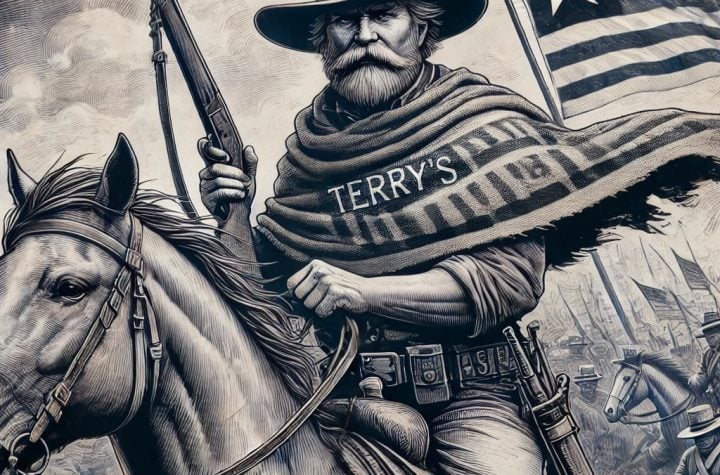
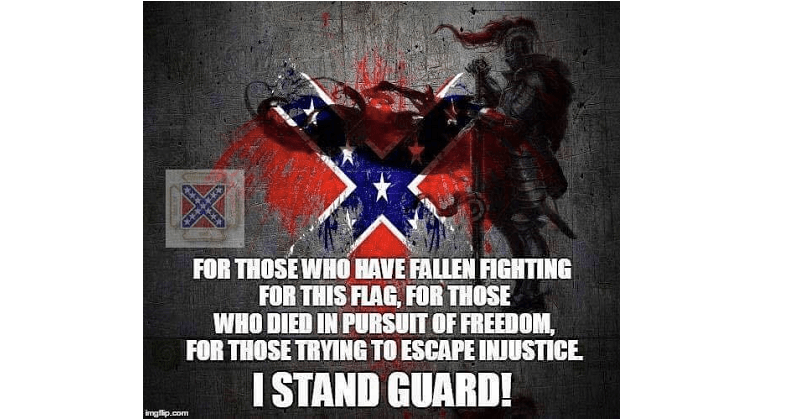
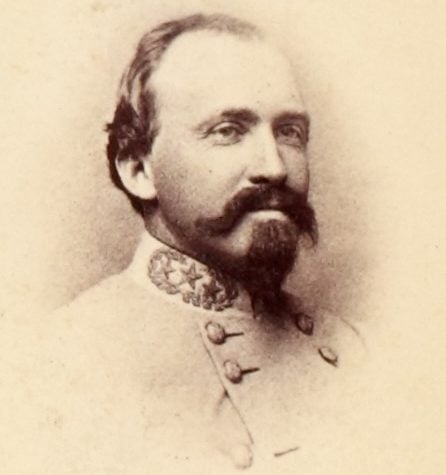
I really enjoyed the TV show of the gray ghost ! Would enjoy again if they put it on TV again .